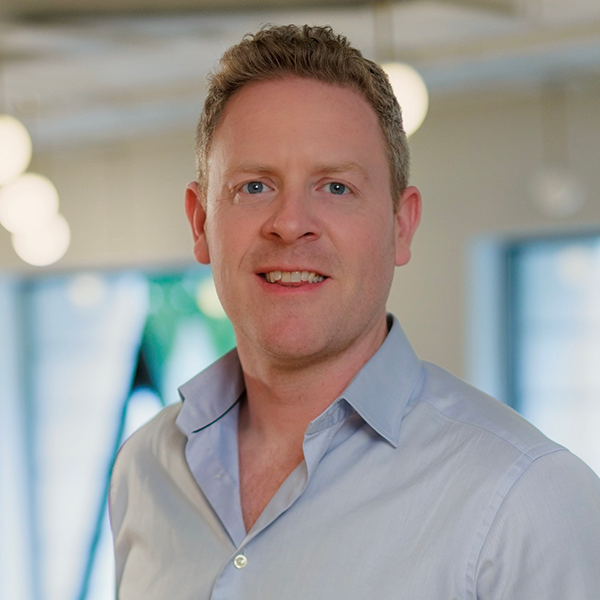The UK’s Worker Protection Act came into force last October; now is the time for all employers to act.
1. Can you share insights into your personal values and how they influence your approach to leadership and work?
I have focused a lot on what is important to me both in business and personally over the last few years, having been through some significant upheaval in my life.
When I break it down, the three core personal values are:
1. Always be curious
2. Is there a better way?
3. Be me
The first two are very much associated with change, and understanding shifting dynamics - which will come across in my leadership style. I like to understand, I like to poke a few holes in things, and I love to see if there is untapped potential - in people, proposition or purpose.
The last one, Be me, is something I only really discovered in the last few years. It might sound strange, but I spent a good proportion of my life trying to be someone I am not. As a result, today, this comes across in valuing openness and transparency.
2. Professionally, what experiences and accomplishments have shaped your career and ultimately led you to byrne·dean?
Firstly, the work. I was fortunate enough to be part of a high growth, disruptive challenger brand in the first 12 years of my career. This probably fuelled my desire to challenge the status quo, and see the potential for new ideas.
Whilst working in a larger consultancy for the first time, that mentality had opportunities and challenges.
The opportunity was that I was seen as a change agent and someone who could drive new ideas with passion. The challenge, of course, being that not everyone moves at the same pace, and there are always competing priorities.
The biggest lesson I have learned is to be the champion for change, but to ensure that all team members are allowed to participate and be part of that journey whilst holding firm to the vision. When discussing the role with byrne·dean, this was an important consideration for the board and team.
3. How do you see your professional journey aligning with the mission and values of byrne·dean, and what aspects of our purpose and values align with you the most?
The alignment of byrne·dean’s purpose with my own has been clear from the first meeting with the board and my research prior to joining.
We spend such a significant part of our life at work, why should it be a poor experience? To create kinder, fairer workplaces that realises the potential of people - it should be the bedrock of any work culture.
By being curious, by challenging and being my true self, I immediately felt alignment with this purpose.
In particular, I remember being particularly drawn to our value of choosing right over easy. Change is hard, and thriving in change comes with significant challenges.
The north star of choosing the right path - despite the challenge - has been something that helps me thrive and be me.
4. How do you envision collaborating with our team and clients to address the evolving challenges and opportunities across workplace culture?
Firstly, I am not an expert in everything that we do. Byrne Dean has amazing, specific experts for that. I would describe myself as a well-rounded generalist, in terms of people issues and risk, with a specific passion and a degree of influence in the market around employee wellbeing.
I am here to create the pathway for our team to make a positive difference at a greater scale, to impact more workplaces with our passion and expertise.
I want to keep across the workplace challenges and dynamics that are shaping the future of work, so staying close to our people and clients will be an important part of my day-to-day.
This will allow me to be focused on growth, innovation and new markets that we can grow our business in and make a positive impact.
5. How would you describe your leadership style and philosophy, especially in fostering inclusive and supportive workplace cultures?
Open, direct, and with empathy. It’s really that simple.
It comes back to my values. I find that with curiosity comes openness. It's hard to ask lots of questions if you are not open to a similar interrogation!
In being direct, I was introduced to Kim Scott’s Radical Candour book a few years ago, and I immediately aligned with the balance of caring deeply, leading with empathy, whilst giving your people an honest appraisal in each interaction to support growth and development. I have no time for ruinous empathy!
Related Articles

Sexual harassment at work: what’s changing in 2026?

Creating psychological and challenger safety: a practical guide






